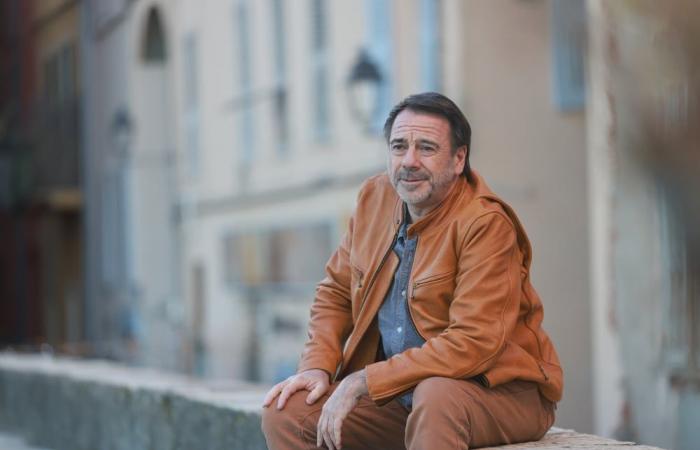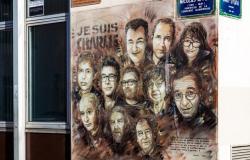During your recent participation in the Cinemusa festival in Bastia, you went to meet your readers. What connections do you form with them?
Even if I go a little more often to bookstores near me, in Normandy, I go around France several times in a year, not to promote a new book but to meet my friends. readers. I’ve been going to bookstores, festivals and media libraries for around fifteen years now and I’m starting to have readers who are loyal to me almost everywhere. Like in Corsica, where I have visited several times. I know that since Time is murderous which takes place in Corsica, readers from the island follow me. It’s nice to see them again.
What exactly was the view of Corsican readers on this novel?
Le temps est assassin takes place entirely in Corsica. The plot is about a teenage girl who loses her parents in a car accident. When she returns to the scene of the accident thirty-seven years later, she receives letters from her mother whom she thought was dead.
I had had the idea of this starting point for a long time but I did not yet have the location. And then, I told myself that the ideal place was Corsica where I have roots through my father. Part of my family lives in Castellare di Casinca.
The story then revolved around Corsica. I tried to avoid traps and clichés because there is a real Corsica and a Corsica that is fantasized. I wrote a detective story which is based on reflections on heritage, the environment, language, etc., and which tries to make the reader think, whether they are Corsican or not. It is true that the adaptation of the book to television, a series broadcast on Tf1 which was a great audience success, sometimes fell into a certain number of clichés that I wanted to avoid in my novel.
I often came to Corsica for signing sessions. I noticed that the Corsicans have a lot of humor and self-deprecation, there is not necessarily this look everywhere.
“Almost all my plots were thought up a long time ago”
What link do you have with your Corsican roots?
I have a dual identity, both Corsican and Norman. Normandy is where I was born, where I live, where my children are. They are two very different identities. Norman identity, even if it is a historic region, is very discreet, very interior, and not really collective, whereas Corsican identity is much stronger. I am undoubtedly much more Norman than Corsican. I discovered Corsica a little late, when I was a young adult. I’m always happy to come back. I have children who are still in school, so it is difficult for me to stay in Corsica for a long time outside of school periods. When they are no longer in school, I will be able to spend a lot more time here.






